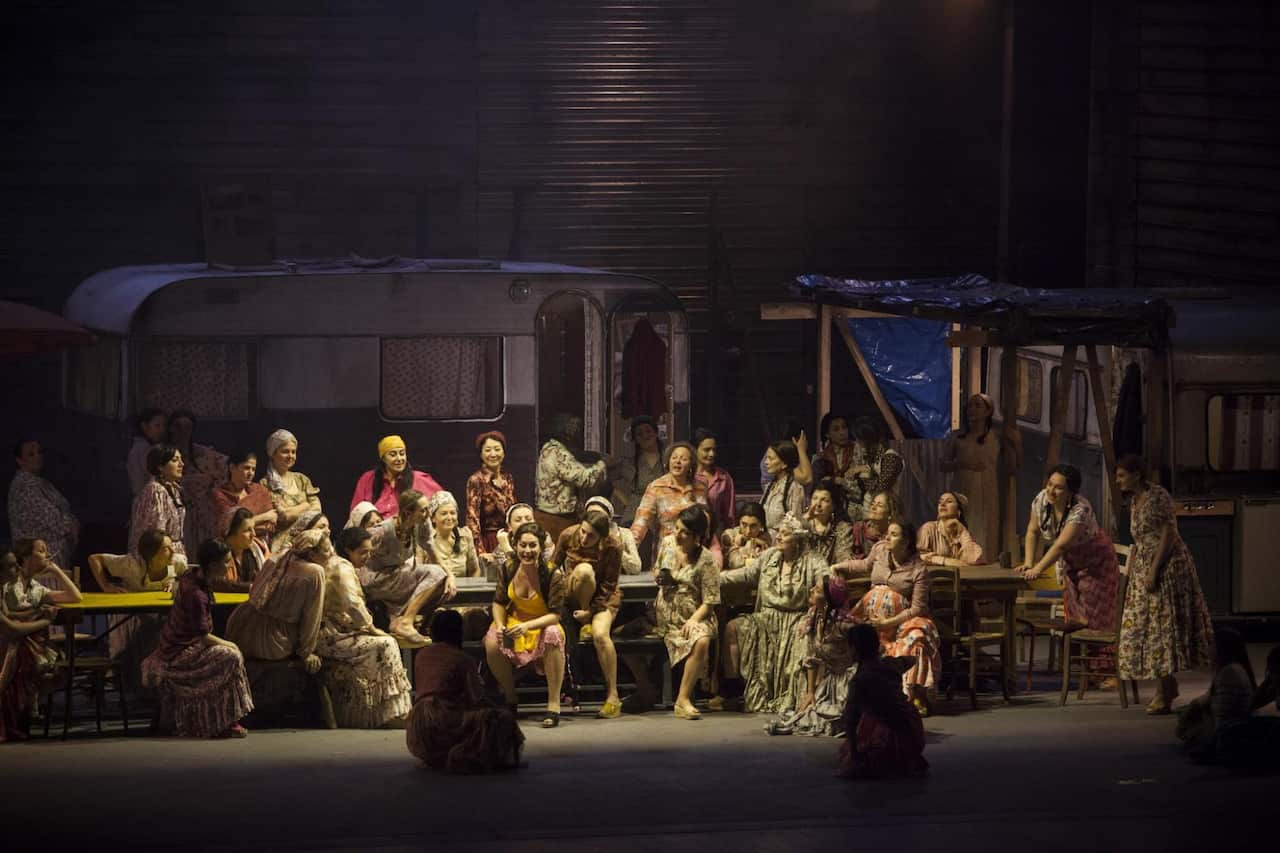"Stop violence against women" - this is the message that Italian stage director Leo Muscato says he was aiming for when he decided to change the infamous final scene of Georges Bizet’s beloved opera Carmen.
The original story of the century-old French opera sees the eponymous lead character die at the hands of a jealous lover, when she spurns him for another, after becoming fed up with his possessiveness.
In Muscato's new production, currently on stage at the Maggio Musicale Fiorentino Theatre (MMF) in Florence, the gender roles of the ending become reversed: Carmen instead lives after killing her violent and jealous former lover Don José.
Don José dies at the hand of Carmen - mortally wounded by a single shot from his own gun that Carmen takes from him and uses in self-defence.
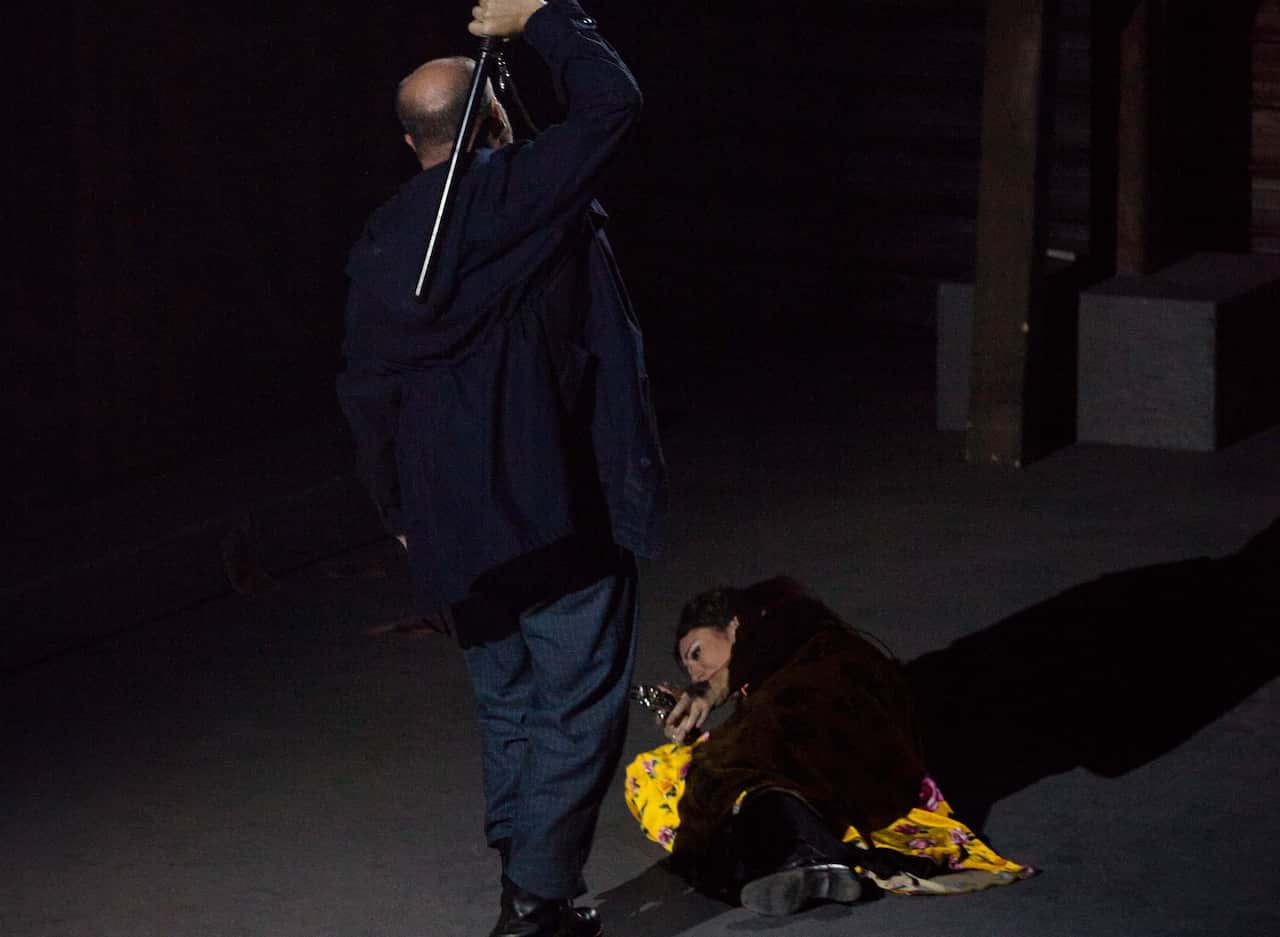
In making the dramatic change, Leo Muscato says he got more than he bargained for.
Critics, media, public, artists and the MMF audience joined in a chorus of protests in defence of Bizet’s original work.
"I have also received menacing threats on my personal webpage,” a concerned Leo Muscato tells SBS Italian.
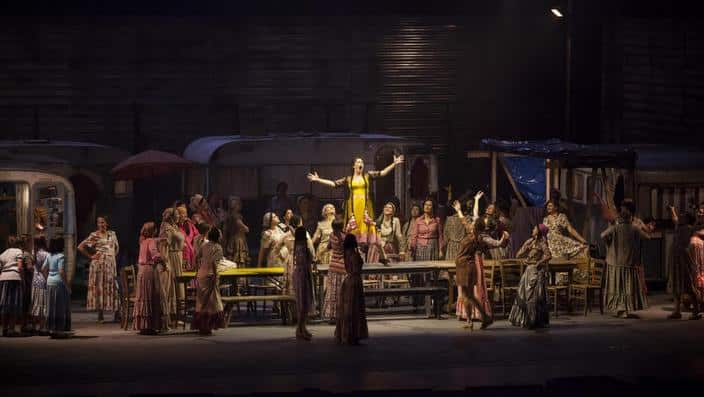
He says the producers altered the ending after deciding to take a stand, "We came to the conclusion that by modifying the end of the opera we would draw attention to the plague of violence against women in Italy and around the world."
A few days after the events in Florence, American tenor Michael Fabiano performed the character of the Duke of Mantua in Verdi’s Rigoletto, directed by the legendary Sir David McVicar, took a similar provocative stance by refusing to act violently against a woman his character had to rape on stage, preferring to use a more persuasive way of seducing her.
His approach was more favourably welcomed by the audience and media, perhaps because he did not alter Verdi’s script, but only the behaviour of the character.
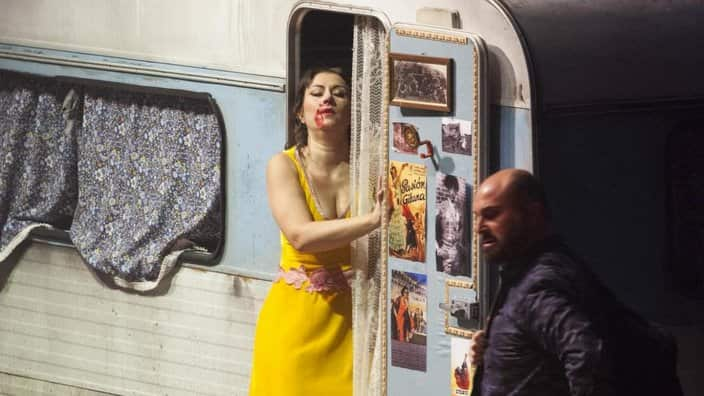
Nevertheless, both events within a short period of time have undoubtedly highlighted the issue of violence against women, questioning why there is a need to portray it gratuitously onstage.
For critics who have led the wave of protests against Muscato’s work, however, the question is more about how far can and should a director go to alter a famous opera to send a message to the audience?
"We did not touch a single note of Bizet’s score," says Muscato.
"I am surprised that most people have attacked me without actually seeing this version," he adds.
MMF’s production takes place in a gypsy camp and depicts a highly volatile Don José who is regularly physically aggressive towards Carmen.
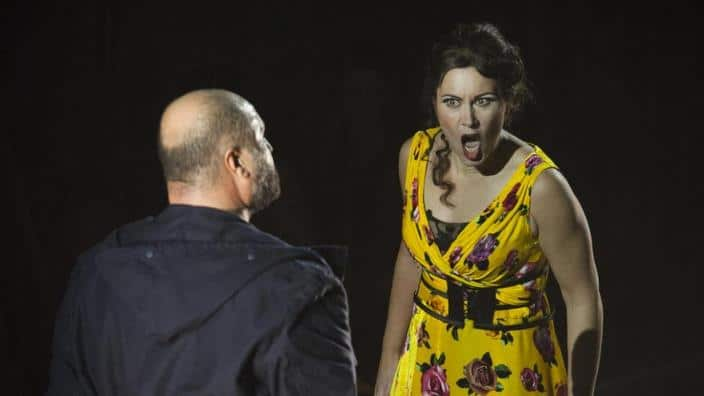
In the final scene, he is about to kill her when Carmen grabs his gun from its holster and shoots him.
Don Josè survives long enough to take the gun from Carmen’s hand and show it to the approaching police indicating that he shot himself and dies leaving Carmen free to live.
"Other theatres have been in contact with the MMF to enquire about a possible co-production," says Muscato. "The MMF will almost certainly present this version of Carmen again before the end of the year."
Whether you approve or not, this controversial work originates from a desire of attracting attention to the "plague" (as maestro Muscato defines it) of global violence against women.
MMF’s productions has certainly done that.
Listen to the Leo Muscato's full interview (in Italian) with SBS Italian below:
Reacting to Leo Muscato’s work, Concetta Perna, president of the National Italian-Australian Women Association (NIAWA) supports the director’s approach.
"We held a conference [in March last year] on violence against women, in particular its display in opera on stage," she says.
"It can’t be done with every opera or literary work, but wherever possible, such as in this case, I believe it is acceptable," says Concetta Perna.
